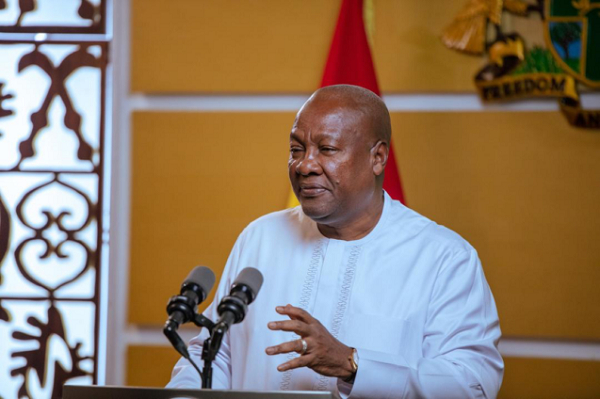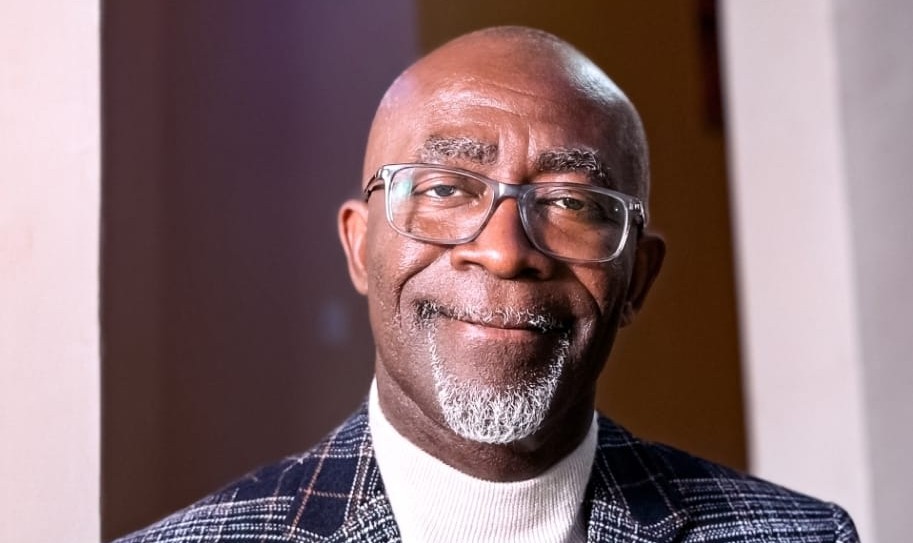ARTICLES
Mahama’s Economic Masterstroke: The Cedi’s Remarkable Appreciation Amidst Ghana’s Turbulent Financial Landscape Unfolds

John Mahama’s administration has been instrumental in the recent appreciation of the Ghanaian Cedi. According to Sammy Gyamfi, CEO of GoldBod, the cedi’s 20% surge since January 2025 is a direct result of Mahama’s strategic economic policy interventions. These interventions include monetary, fiscal, and external sector measures that have collectively reversed the cedi’s prior trajectory and restored investor confidence in Ghana’s economy.
Some key factors contributing to the cedi’s appreciation under Mahama’s leadership include:
– *Fiscal Discipline*: The government’s fiscal management strategy, which has implemented sweeping fiscal consolidation reforms, including expenditure controls and revenue mobilisation enhancements.
– *Gold Monetisation*: The Ghana Gold Board (GoldBod) initiative, which has increased gold reserves and helped stabilise the cedi.
– *Foreign Exchange Management*: The Bank of Ghana’s direct market interventions, such as the forex injection of $490 million in April 2025, have also contributed to the cedi’s appreciation.
While some argue that the “Gold for Oil” policy, implemented by the previous government, played a role in the cedi’s appreciation, experts suggest that its impact was minimal, contributing only about 0.5-1% to the cedi’s appreciation.
Overall, John Mahama’s administration has implemented a comprehensive set of policies that have helped stabilise the cedi and restore investor confidence in Ghana’s economy.
*The Cedi Conundrum: A Tale of Politics and Economics*
As the Ghanaian economy continues to navigate the complexities of global market forces, a rather intriguing narrative has emerged. Some individuals, in a tongue-in-cheek manner, have expressed their intention to capitalise on the fluctuations of the Ghanaian Cedi (GHC) against the US Dollar. Their plan? To buy more dollars when the National Democratic Congress (NDC) supposedly drops the exchange rate to GHC 5, only to vote for the New Patriotic Party (NPP) again, anticipating a return to a higher exchange rate of GHC 25. This, they claim, would enable them to make a profit.
While this strategy may seem absurd, it highlights the peculiar dynamics at play in Ghana’s political economy. Governance, as it turns out, operates on a different paradigm when it comes to spending. Governments, regardless of their ideological leanings, inevitably spend and pay later. This is particularly true when it comes to financing infrastructure projects, settling external debts, and fulfilling electoral promises.
The reality is that governments will borrow to spend, and it is this spending that drives economic activity. The electorate, by and large, is more concerned with seeing their promises fulfilled than with scrutinising government expenditure. This is the crux of the matter – a political calculus that often defies economic sense.
In recent times, key figures within the NDC, including H.E. John Mahama (President of the Republic), Johnson Asiama (Governor of the Bank of Ghana), Ato Forson (Finance Minister), and Sammy Gyamfi, Esq. (CEO of GOLDBOD), have been working hard to stabilise the Cedi, restore investor confidence, and promote economic growth. Their very instrumental efforts, while laudable, are not without challenges.
As Ghana navigates the complexities of its economic landscape, it is essential to recognise that governance is not solely about economic prudence but also about political expediency. The interplay between politics and economics is intricate, and decisions made by governments often reflect a delicate balance between competing interests.
In conclusion, the Cedi conundrum is a stark reminder of the complex dynamics at play in Ghana’s political economy. As the country continues to evolve, it is crucial that policymakers, stakeholders, and the electorate at large recognise the intricate relationships between governance, economics, and politics. Only then can we hope to find a more sustainable and equitable path forward.
_conundrum: [noun] a confusing and difficult problem or question_
*Bawumia vs Mahama: Cedi’s Surprising Rebound Exposes Economic Leadership Differences in Ghana’s Financial Saga*
Dr. Mahamudu Bawumia, Ghana’s former Vice President, an Economist and Flagbearer of the opposition NPP, is in a tricky situation when it comes to boasting about the cedi’s appreciation. Despite being touted as an economic expert, his own track record on managing the cedi is somewhat questionble despite the introduction of the so-called _gold-for-oil_ policy which only allowed a party member to sell gold belonging to Ghanaians (traded in US dollars) and use the same revenues derived to procure oil for the state, how does that help the appreciation in the Ghana cedi exchange.
During his time in opposition, Bawumia criticised the then-government’s handling of the economy, particularly the cedi’s depreciation. He even delivered a lecture on “How to Restore the Value of the Cedi” in 2014, when the exchange rate was USD1 to GHC3.60. However, since taking office, the cedi has depreciated significantly, reaching an exchange rate of USD1 to GHC16.50 in November 2024.
This depreciation has led to widespread criticism, with many arguing that Bawumia’s economic management has been ineffective. The incumbent government has also seized on this issue, accusing Bawumia of failing to deliver on his promises and lacks the impetus to criticise the way he does it.
Given this context, it’s clear why Bawumia might be hesitant to boast about any appreciation of the cedi. His own credibility on economic issues is at stake, and he needs to be careful not to be seen as hypocritical or incompetent. Instead, he has tried to shift the focus to the government’s policies, such as the gold purchase program, which he claims have helped stabilise the cedi.
Dr. Bawumia, Ghana’s ex Vice President, faces challenges in challenging the cedi’s appreciation and claiming that glory due to:
1. His own criticism of previous governments’ handling of the cedi.
2. The cedi’s significant depreciation during his time in office at a high of 17 cedis in the first week of January 2025.
3. Criticism from incumbent government and general public regarding his professional qualification for economic management.
To maintain credibility, it will sound better if Bawumia focuses on the NDC/Mahama government’s policies aimed at stabilising the cedi, rather than ranting about its appreciation in value and purchasing power..
#PutGhanaFirst
#ResettingGhana
#TransformingGhana
Source: Jeff Data| Contributor





